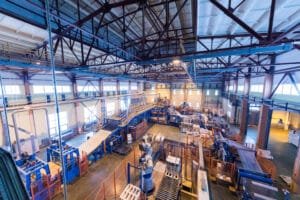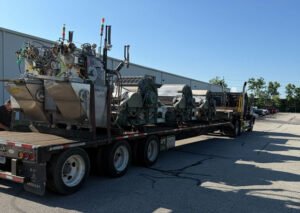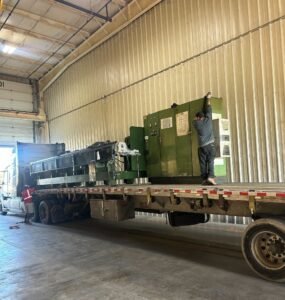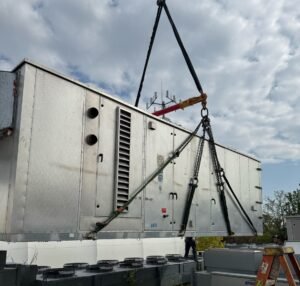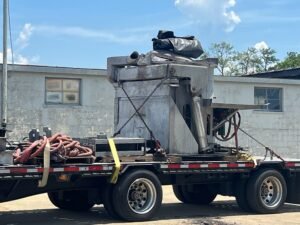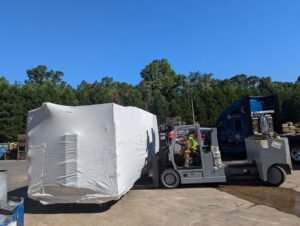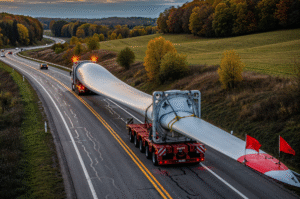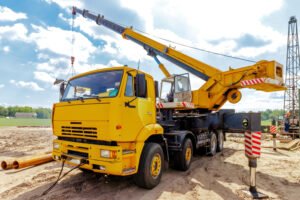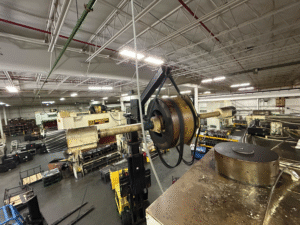Plant relocation, whether due to expansion, optimization, or other reasons, is a significant undertaking that requires careful planning and execution. The success of such a complex project greatly depends on the expertise and experience of the professionals you choose to assist you. In this blog, we’ll explore the essential considerations to keep in mind when selecting an expert for plant relocation.
1. Experience Matters
When evaluating potential experts for plant relocation, experience should be a top priority. Look for professionals who have a proven track record in successfully relocating similar facilities within your industry. Experienced experts can foresee potential challenges, offer innovative solutions, and execute the relocation with minimal disruptions to your operations.
2. Industry Knowledge
Each industry has its unique requirements and regulations. An expert who understands your industry’s specific needs and compliance standards will be better equipped to guide you through the relocation process. They should be up-to-date with the latest industry trends, safety protocols, and technological advancements to ensure a seamless transition.
3. Comprehensive Project Management
Plant relocations involve various stages, from planning and preparation to execution and post-relocation adjustments. An expert with robust project management skills will coordinate these phases efficiently, keeping timelines, budgets, and resources in check. Ask about their approach to project management and how they handle unexpected challenges.
4. Customization and Flexibility
Every plant relocation project is unique. A reputable expert should be able to tailor their services to your specific needs rather than providing a one-size-fits-all solution. They should be flexible enough to accommodate changes in plans while maintaining the project’s integrity.
5. Multidisciplinary Expertise
Plant relocation involves multiple aspects, including logistics, engineering, legal compliance, and more. The chosen expert should have access to a team of professionals with diverse expertise. This ensures that every aspect of the relocation is addressed with precision and thoroughness for truly turn-key rigging solutions.
6. Client References and Testimonials
Before making a decision, ask for references or read testimonials from their previous clients. This will provide insights into their strengths, weaknesses, and overall performance. Hearing about other companies’ experiences can give you a better understanding of what to expect.
7. Communication Skills
Effective communication is crucial throughout the plant relocation process. You need an expert who can clearly convey plans, progress updates, and any potential issues. Clear communication helps prevent misunderstandings and ensures that everyone involved is on the same page.
8. Risk Assessment and Mitigation
Relocating a plant involves inherent risks. A qualified expert will conduct a thorough risk assessment, identifying potential hazards and developing strategies to mitigate them. This proactive approach minimizes disruptions and ensures the safety of personnel and assets.
9. Budget and Cost Management
While cost should not be the sole determining factor, it is undeniably important. A reliable expert will provide a detailed breakdown of costs and help you create a realistic budget for the relocation. Be wary of any surprises that could inflate the expenses beyond your expectations.
10. Compatibility and Trust
Lastly, choosing an expert for plant relocation involves a level of trust and compatibility. You’ll be working closely with them during a critical phase of your business, so it’s essential to feel comfortable and confident in their abilities.
Selecting the right expert for plant relocation requires an honest evaluation of their experience, industry knowledge, project management skills, safety record, and proven ability to it deadlines. By considering these key factors, and partnering with a company like Alltracon who has a solid track record of these qualifications, you can ensure a successful and smooth plant relocation that aligns with your business objectives.


